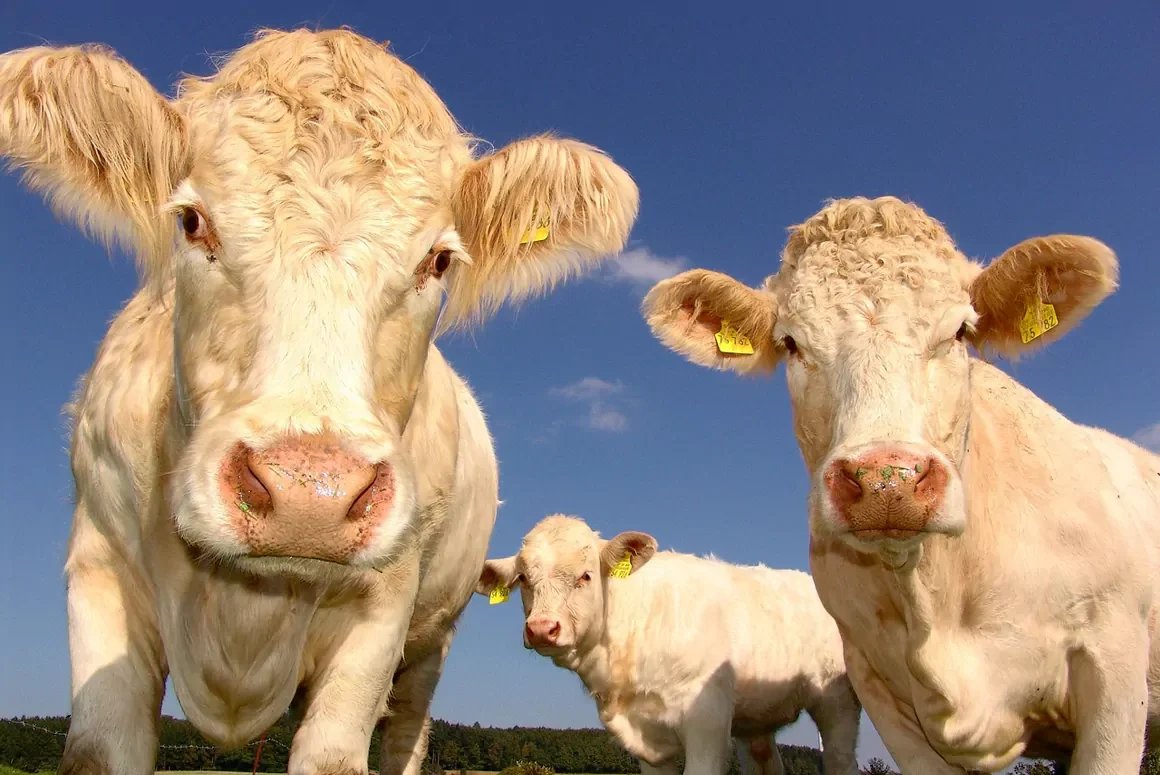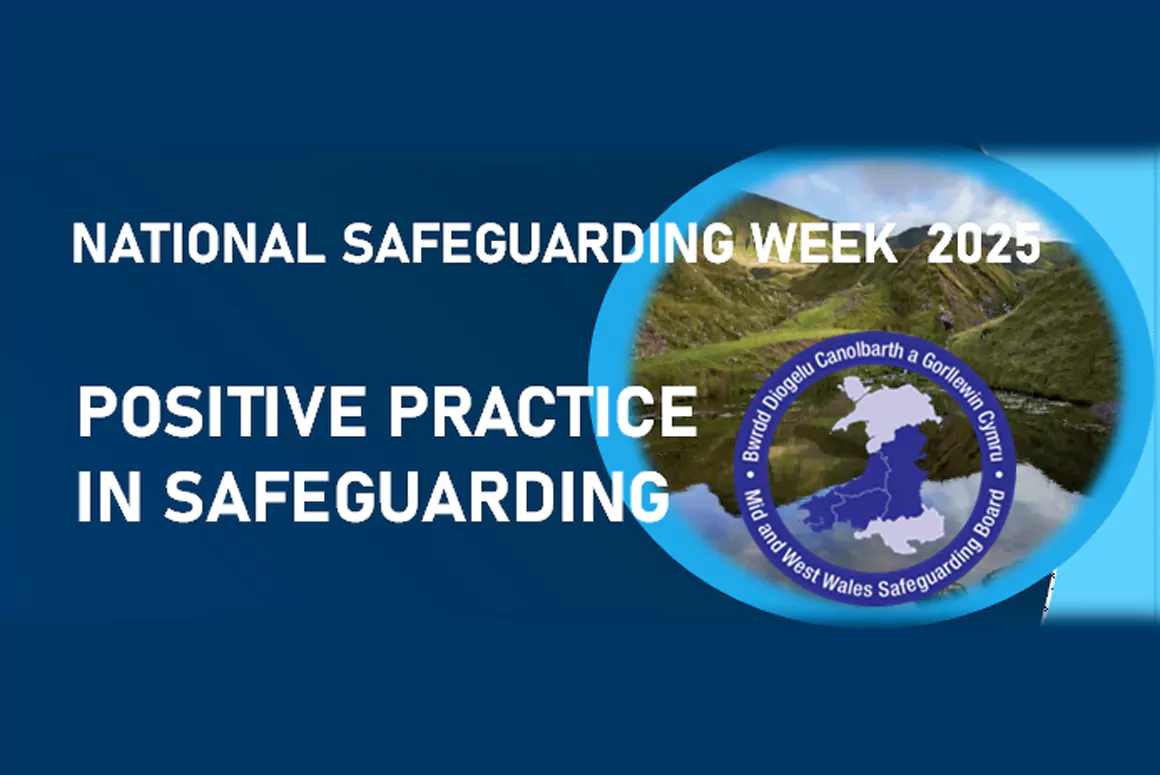Huw Irranca-Davies MS, Deputy First Minister and Cabinet Secretary for Climate Change and Rural Affairs
The first cases of Bluetongue serotype 3 (BTV-3) in Wales during 2025 were confirmed on Friday 26 September by the Chief Veterinary Officer (CVO), almost a year since BTV-3 was last confirmed in Wales.
I recognise the detection of Bluetongue in Wales will be a cause for concern within the farming community, not least for the affected farms. I would like to thank all farmers and vets for their continued vigilance, and am grateful to all concerned for the swift action taken to date in dealing with these BTV-3 cases. Bluetongue has been found in one steer on a farm near Presteigne, Powys, and in one cow on a holding near Chepstow, Monmouthshire.
The steer in Powys was identified from a post-movement test, with subsequent official sampling confirming the presence of BTV-3. The cow in Monmouthshire, tested positive for BTV-3 following a report to the Animal Plant Health Agency (APHA) of clinical signs indicative of Bluetongue by the farm’s veterinary surgeon.
Bluetongue is caused by a virus that is primarily transmitted by certain species of biting midges. The movement of infected animals can also spread the disease. Bluetongue affects ruminants (such as cattle, goats, sheep and deer) and camelids (such as alpacas and llamas). It does not affect people or food safety.
On 27 September, in line with our Bluetongue control plan, the infected cattle were culled to reduce the risk of Bluetongue virus transmission to local midges. The owners will receive compensation. Veterinary and epidemiological investigations are underway on both premises to determine the source of the infection, and possible spread.
Both holdings will remain under restrictions, with no livestock moves on or off permitted, except under specific licence, pending the outcome of the investigations. The need for further disease control measures will depend on the evidence that emerges from the ongoing investigations, which include sampling and testing of livestock and examining movements on and off the premises concerned.
Welsh Government and industry have cooperated throughout this year to keep Bluetongue out of Wales for as long as possible, to protect animal health and welfare and the livelihoods of Welsh farmers. The news that the disease has emerged in Wales is disappointing, but our collective efforts are providing valuable time for livestock keepers to vaccinate their animals and be prepared for Bluetongue.
I urge animal keepers to source stock responsibly, remain vigilant for the signs of Bluetongue, and to report any suspect cases to the APHA immediately. Ongoing cooperation and collaboration between farmers, vets, Welsh Government and the various government agencies involved with Bluetongue remain crucial.
Vaccination is the best way to protect livestock and livelihoods from the worst impacts of this potentially devastating disease, and I encourage animal keepers to discuss Bluetongue vaccination of their herds and flocks with their vets. I appreciate the assistance of the livestock and veterinary sectors and others in communicating these messages to the wider industry.





